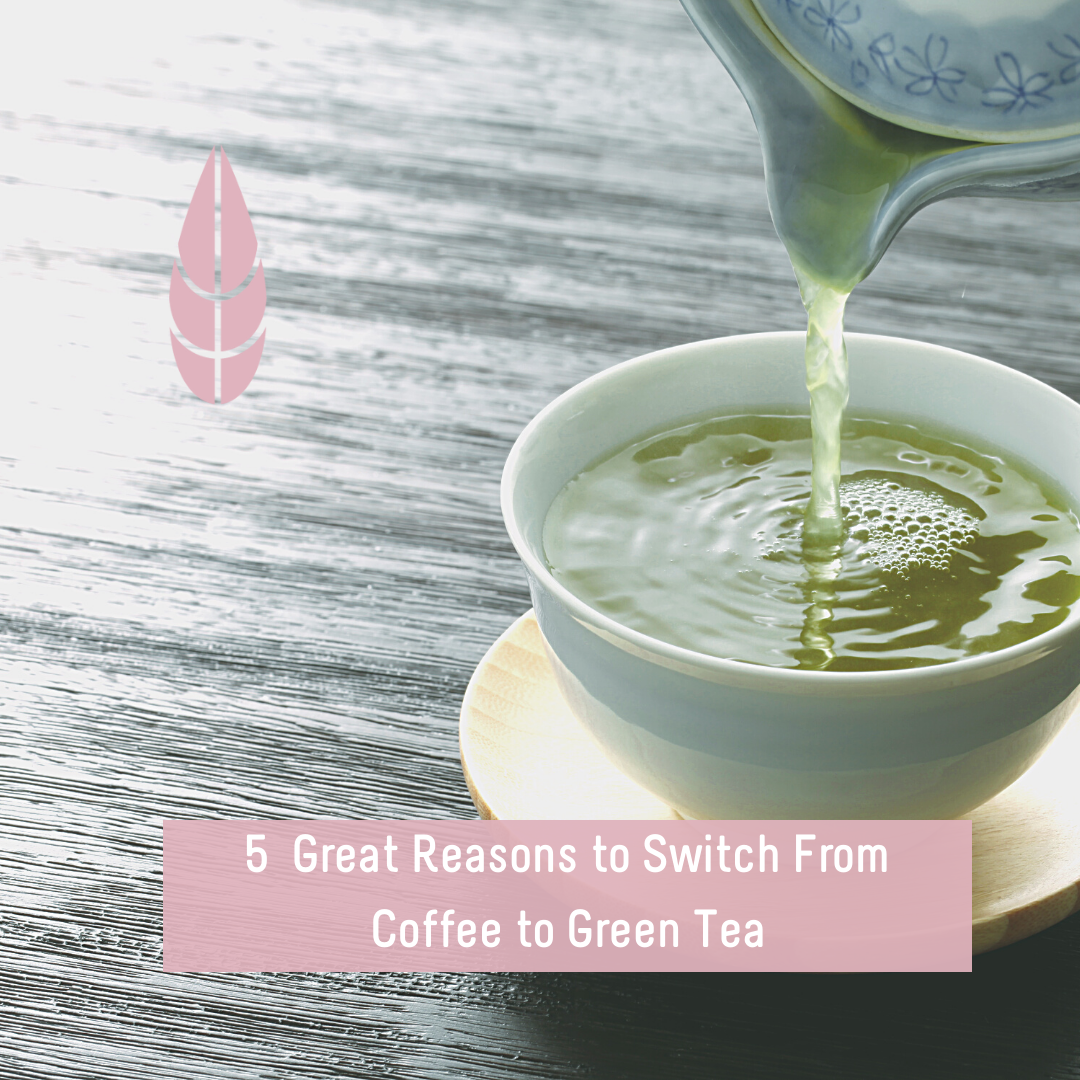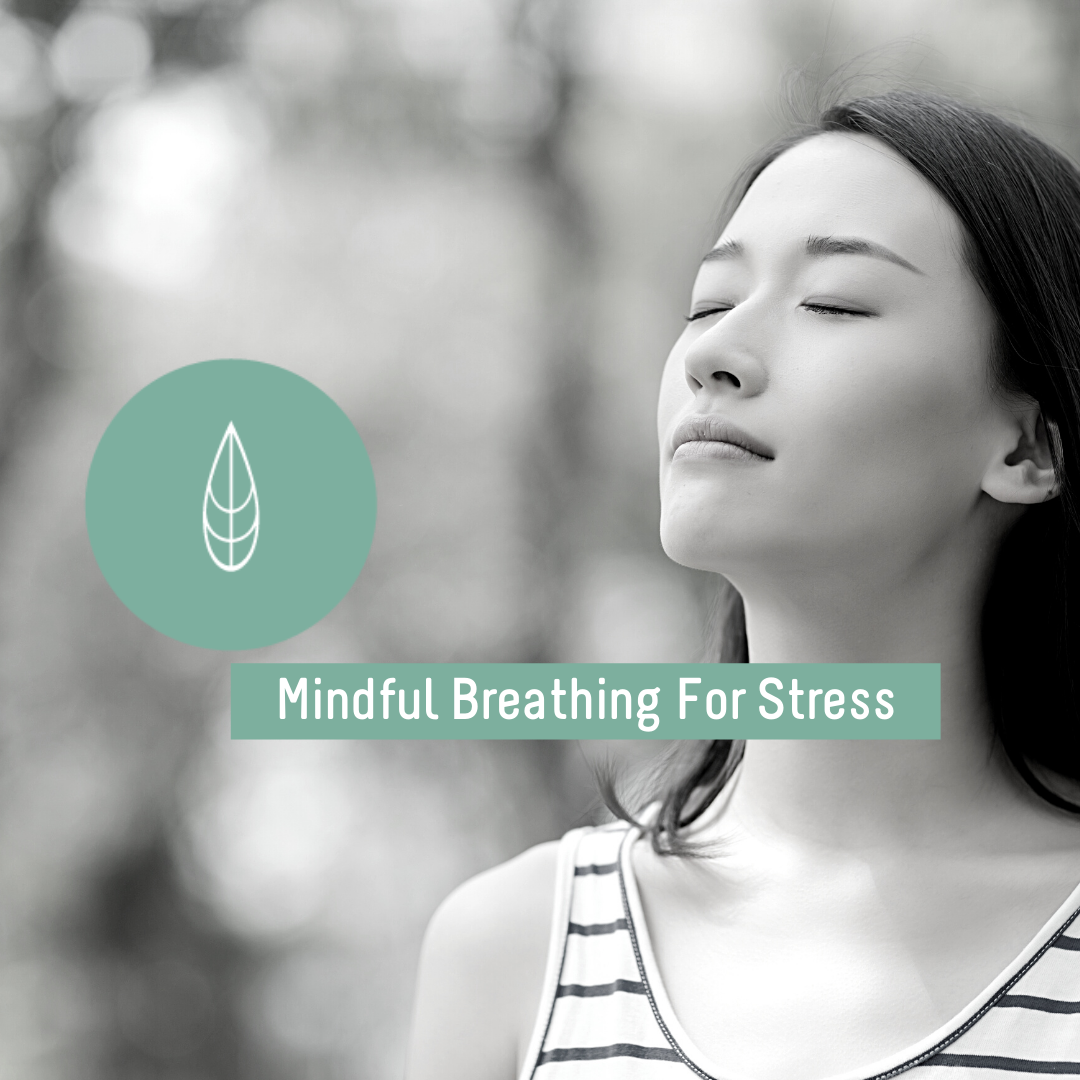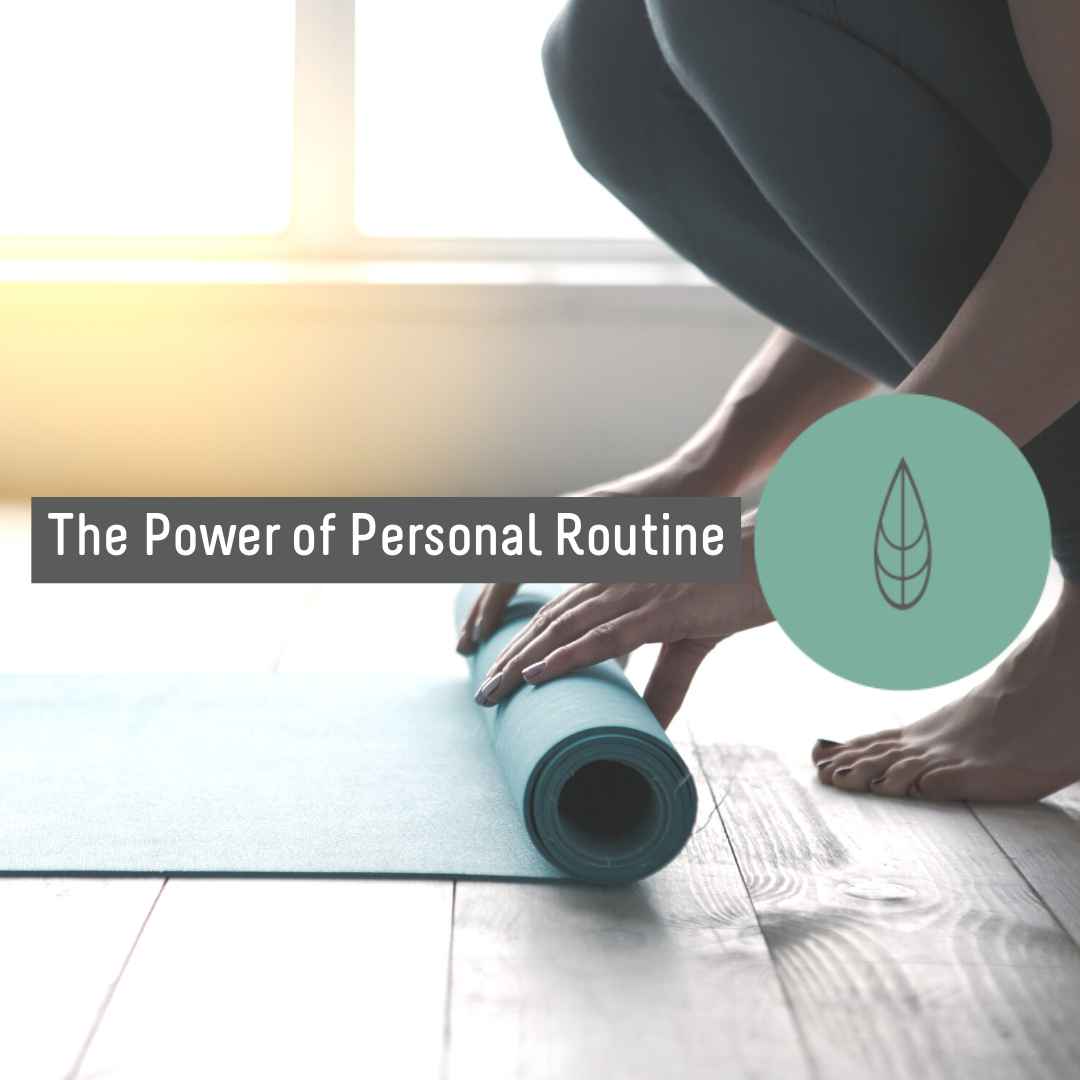
The Holiday Season: A Time for Mindfulness
As the holiday season arrives, our surroundings transform with festive lights and melodies. This time, rich in beauty, can also bring a whirlwind of activities and stress. It's a perfect opportunity to embrace mindfulness and find joy in the simple things.
In this season of festivity, we often lose ourselves in the pursuit of perfect holiday moments. Let's shift our focus. Mindfulness isn't just about reducing stress; it's about appreciating the present moment, and finding contentment in the 'now'.
Navigating the Festive Rush with Self-Compassion
The holidays blend excitement with hectic schedules. Streets are alive with shoppers; families gather, each with their unique dynamics. Amidst this hustle, it's essential to find moments of calm. Prioritize self-care and enjoy the holidays in a way that nourishes your soul.
This season, try to balance the festive cheer with moments of quiet reflection. Find joy in the small things – the laughter of loved ones, the comfort in a warm cup. These moments of gratitude are the heart of mindful living.
The Art of Tea Rituals
The act of brewing and savouring tea is a timeless ritual. It's a practice that encourages us to pause and reflect. Envision a serene moment, with the aroma of green tea enveloping you. This practice goes beyond enjoying a beverage; it's a moment of mindfulness, inviting you to be fully present.
Tea rituals offer a chance to slow down and breathe amidst the holiday frenzy. Each cup is a reminder to focus on the present, to cherish the warmth and flavour, and to let go of stress.

Japanese Green Tea: A Companion for Mindful Mornings and Evenings
Green tea serves as a perfect companion for mindfulness, whether it's the first cup of the morning or a soothing blend before bed. In these moments, we disconnect from the chaos and focus inward. We engage our senses – the warmth of the cup, the unique flavours of the tea, the rhythm of our breathing – anchoring ourselves in the present.
Morning tea rituals set the tone for the day, grounding us in calmness. In the evening, a cup of tea can be a soothing transition to a restful night, helping us unwind and reflect on the day's experiences.
Integrating Mindfulness into Everyday Life
Mindfulness is a practice accessible through simple, daily actions. The holiday season, with its inherent busyness, offers many opportunities to incorporate mindful practices:
- Engage Your Senses: Notice the small details around you. The scent of pine, the texture of wrapping paper, the taste of holiday treats. Ground yourself in the present moment, creating islands of peace amidst the bustle.
- Breathing and Presence: In the middle of holiday activities, find time for deep, conscious breathing. Take short breaks to close your eyes and focus on your breath. This simple practice can center your thoughts, alleviate stress, and bring you back to the now.
- Reflective Journaling: Journaling offers a sanctuary for your thoughts and feelings. Whether it's gratitude journaling, reflective writing, or simply recording daily experiences, this practice allows you to process emotions, celebrate achievements, and acknowledge challenges. It's a way to connect with yourself, gain clarity, and find peace in the holiday chaos.
- Mindful Movement: Incorporate mindful movement into your routine. A gentle stretch in the morning, a brisk walk in the crisp winter air, or a relaxing yoga session by the fireplace can be revitalizing. These acts of self-care nurture both body and mind, releasing tension and promoting well-being.
Embracing the True Essence of the Holidays
This holiday season, let's commit to nurturing our mental well-being. Amidst the glitter and cheer, remember the most valuable gifts are our presence, attention, and love. Whether through the simple ritual of brewing Organic Japanese Sencha from Kyoto, quiet moments of reflection, or the joy of shared experiences, these are the moments that truly enrich our lives.
Join Our Journey of Mindfulness
We invite you to explore these mindfulness practices and discover what resonates with you. Share your experiences, your moments of tranquillity, and your holiday reflections. Together, let's foster a community of calm, reflection, and shared joy.















